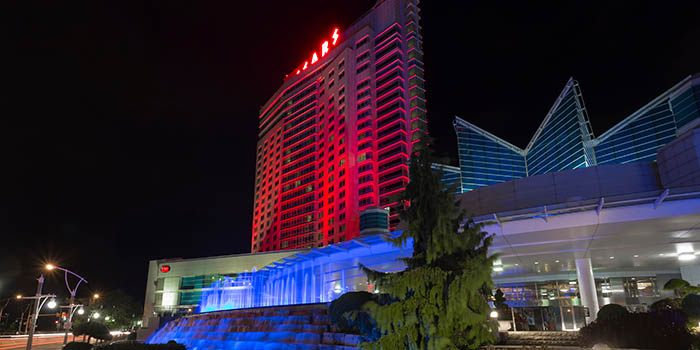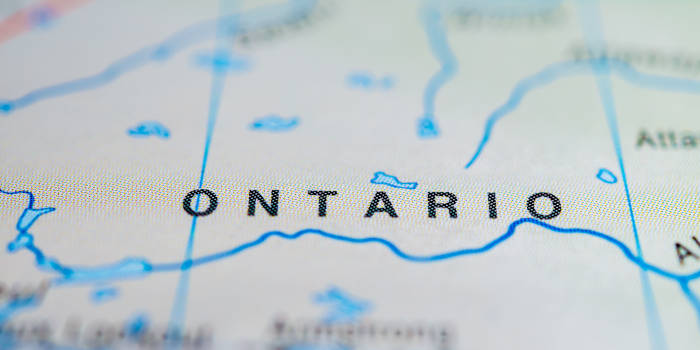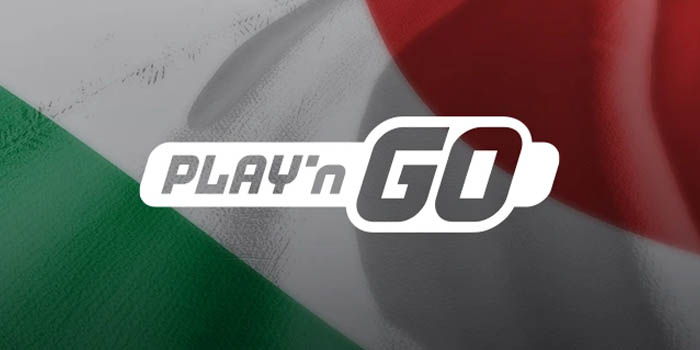The Philippines Adds Third POGO on Non-Compliance List

The Philippines continues to fight against gambling operators that it contends are violating the country’s regulations in the sector. The country’s Anti-Money Laundering Council (AMLC) has listed a third Philippine Offshore Gaming Operator (POGO) of its list of non-compliance.
The list focuses on companies that have obligations under the existing law, and whose license is predicated on compliance, but who have failed to meet certain standards in regulation. In this case, the AMLC has named the third POGO on its list, Smart Group International Limited, due to “failure to cooperate.”
Third POGO the Charm
The company is effectively the third operator to have been targeted by the watchdog, with Universal Link Limited and Inner Strong Limited both ignoring an ordinance to participate in compliance checks. Those checks audit a company against various standards and are carried on a short notice to produce an accurate and unbiased audit of the targeted company.
The three entities named on the list are so far the only companies out of the 36 POGOs that have a permission to operate but have failed to follow instructions. The recent increase in compliance checks follows an amendment in the regulation whereby the AMLC is now able to apply the Anti-Money Laundering Act 2001 to POGOs.
The only condition is for the regulator to issue a 24-hour notice. Once that grace period is over, the companies must comply. The country has had to act in the wake of a global reprimand by the Financial Action Task Force (FATF), arguing that the country is involved in financing global terrorism. Part of those operations may have happened through offshore gambling operators.
Philippines Scrutiny of POGOs Continues to Grow
To respond to those accusations and ameliorate its positions in the eyes of the world, the Philippines has immediately undertaken to boost its AML and CTF regulation, including further scrutiny on POGO businesses. Under the rule of the country’s President, Rodrigo Duterte, companies have seen increased pressure.
However, Duterte’s reputation for strongarm governance has quickly made many companies comply unquestionably. In September, President Duterte introduced a new tax on POGOs which they have accepted.
Increased scrutiny in the sector is not exactly unjustified, as the country saw many POGOs go bankrupt or disappear from the map, leaving the government shorthanded by $28 million. POGOs have been involved in various offenses over the years.
Most recently this year, nine government officials were implicated and arrested on charges that they have participated and facilitated human trafficking in POGOs.
Human trafficking has been a particularly sensitive issue for some neighboring countries, including China, which has exerted a lot of pressure on the Philippines and Cambodia to stop accepting illegal immigrants from China who have come to the country to work as they often became the victims of traffickers.
Although Fiona doesn't have a long-spanning background within the gambling industry, she is an incredibly skilled journalist who has built a strong interest in the constantly growing iGaming network. The team at GamblingNews.com is glad to have her on our roster to help deliver the best stories as soon as they hit. Aside from writing, she loves to dabble in online casino games such as slots and roulette, both for her own enjoyment and also as research to better improve her understanding of the industry.














